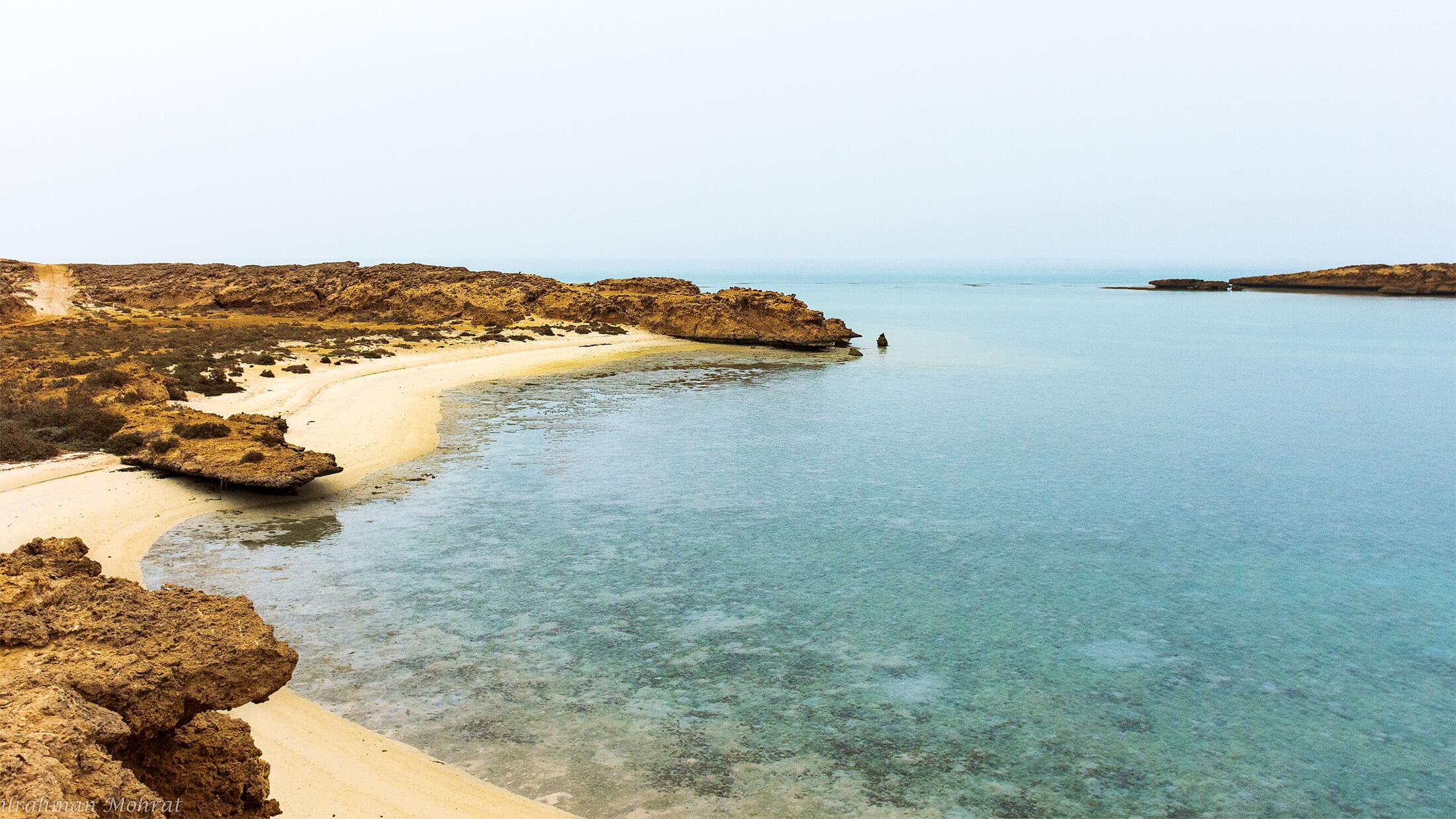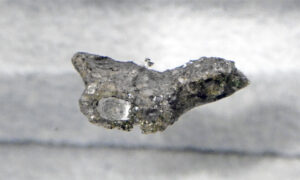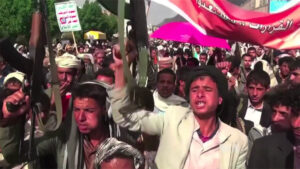THE WEBINAR IS TOMORROW!
Peter Zeihan’s Risk List: What Keeps a Geopolitical Strategist Up at Night
Please join Peter Zeihan for a webinar on June 5th at 12:00 PM EST on a topic that is near and dear to the hearts of the Zeihan on Geopolitics team: geopolitical risk. This webinar will feature Peter’s reasonable-fear list, focused on issues that in his opinion have the most potential to impact market outcomes.
It’s time for an update on the situation in the Red Sea and what the Houthis have been up to as of late. Spoiler alert: most of the ships are taking the longer route around Africa, but there’s a handful still navigating this region.
When people start attacking ships and demanding extortion money, the smart thing to do is avoid that area. However, there are a few exceptions. Oil tankers – mostly originating from Arab countries – have been largely left alone by the Houthis to avoid global backlash. Russian cargo ships coming from the Black Sea have also been given the green light by the Houthis thanks to relations with end destination countries like Iran.
Finally, we have the Chinese container ships. The Chinese have opted to pay the protection money (after being targeted the first few times) and are granted passage as part of a protection racket. So, if you don’t fall into one of these boats, you’ll likely be heading around Africa for the foreseeable future.
Here at Zeihan On Geopolitics we select a single charity to sponsor. We have two criteria:
First, we look across the world and use our skill sets to identify where the needs are most acute. Second, we look for an institution with preexisting networks for both materials gathering and aid distribution. That way we know every cent of our donation is not simply going directly to where help is needed most, but our donations serve as a force multiplier for a system already in existence. Then we give what we can.
Today, our chosen charity is a group called Medshare, which provides emergency medical services to communities in need, with a very heavy emphasis on locations facing acute crises. Medshare operates right in the thick of it. Until future notice, every cent we earn from every book we sell in every format through every retailer is going to Medshare’s Ukraine fund.
And then there’s you.
Our newsletters and videologues are not only free, they will always be free. We also will never share your contact information with anyone. All we ask is that if you find one of our releases in any way useful, that you make a donation to Medshare. Over one third of Ukraine’s pre-war population has either been forced from their homes, kidnapped and shipped to Russia, or is trying to survive in occupied lands. This is our way to help who we can. Please, join us.
Transcript
Hey everybody. Peter Zeihan here, coming to you from just outside of Cassis, France. I am going to do a quick update on what’s going on in the Red sea with the Houthis right now. as you guys all remember, the Houthis were the group in Yemen who decided to show solidarity with the Palestinians. They decided to, start shooting everyone who happened to sail by and demanding extortion money, because that that’s what it means to be supportive, I guess.
Anyway, it’s kind of fallen off the radar in the last month. I want to give you an update of what’s going on. it’s still in play. The ships are still being attacked. The reason that you’re not hearing as much about it is most ships are simply avoiding the area now and doing the very, very long sail around Africa.
Now, of the vessels that are getting through, they fall into three general categories. Number one, oil tankers, for the most part, are not being affected. Why? Well, most of the oil tankers are sailing from Arab countries, and the Houthis ultimately have to get their support from somewhere. And yes, yes, yes, Iran is their primary backer, but they know that if they start going after oil shipments, the whole world brings a bag of hammers down on them.
And so they’re just avoiding that overall completely. the second category are cream ships and Bofors in general coming from the Black Sea. Now the vast majority of those are going to be Russian ships and the vast majority of those are going to either Iran or India. So the Houthis, who take many of their marching orders from the Iranians, are not going after the, cargo of their patrons.
And then the third category is container ships that are specifically Chinese flagged. all other container ships, which are the more valuable ships on the seas are avoiding the area completely. And if you think back, the world’s container ships are typically either operated, by the United Arab Emirates, by the Danes, or by the Chinese. Well, the Danes and the United Arab Emirates have basically pulled their ships out of the area.
That leaves the Chinese. And of several weeks ago, with the Houthis very specifically target a series of Chinese vessels all in one day. And the Chinese agreed to pay them protection money. So this is definitely evolved away from anything strategic or anything political into a pure protection racket. And that is where we stand right now. All right, everyone, take care.









